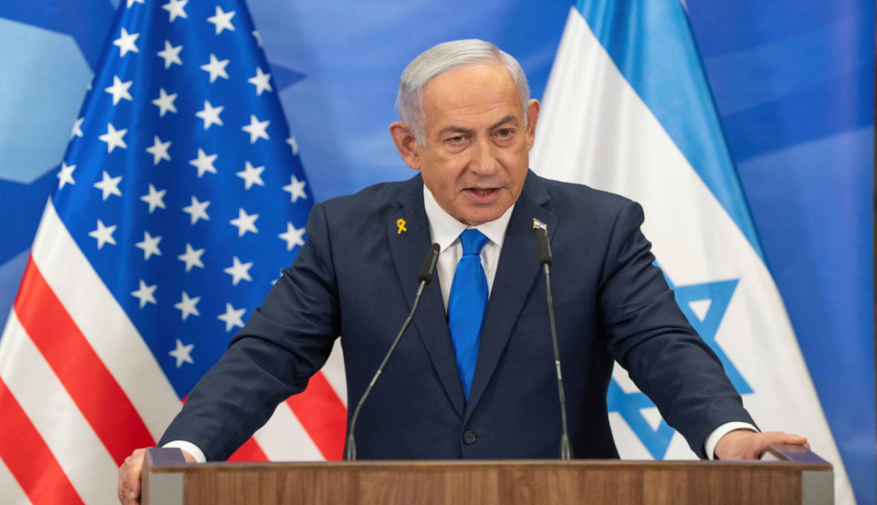Israeli Prime Minister Benjamin Netanyahu has vowed that Hamas will “pay” for the serious error made in a recent body handover, where one of the returned bodies was wrongly claimed to be that of Shiri Bibas, a hostage taken with her two children. While the bodies of her two children were confirmed, the body in question did not belong to Shiri Bibas, leading to intense condemnation from Israel. Netanyahu has also ordered an “intensive” military operation in response to this violation of the ceasefire agreement.
However, as tensions rise, it is critical to urge restraint in the response. While Netanyahu’s calls for retaliation are understandable, it is now more important than ever for Israel to allow the parties involved in the ceasefire negotiations to investigate the matter thoroughly and ensure that Hamas officials are held accountable according to the due process outlined in the ceasefire agreement.
Exercising restraint in this instance would be a powerful gesture of Israel’s commitment to the peace process and its position on the right side of history. Provocative actions or further military escalation could risk putting the fragile ceasefire in jeopardy. In a moment of such heightened emotions, it is vital to focus on the broader goal of long-term peace, not allow short-term provocations to disrupt the fragile steps toward ending the conflict.
The international community will be closely watching to see how Israel navigates this crisis, balancing its pursuit of justice with the need to uphold its commitments under the ceasefire.



